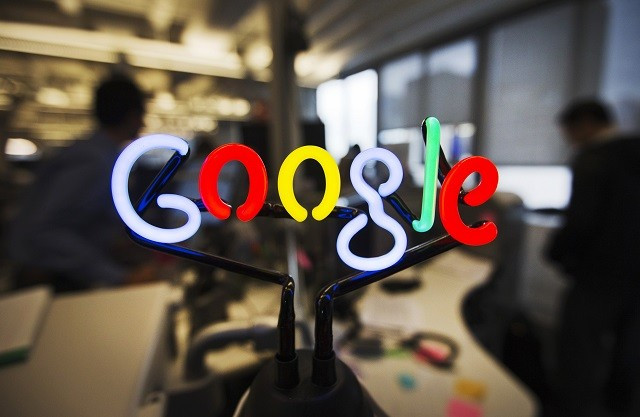Google Admits Mining the Data of Students Through Apps for Education Tools

Google has acknowledged gathering data from millions of student emails through its Apps for Education suite of tools which are used by schools around the world.
An ongoing lawsuit filed against the California-based company for improperly scanning private emails has been described by the plaintiffs as crossing the "creepy line", according to court documents.
Now a spokesperson for Google has reportedly acknowledged to the American education news website Education Week that the search giant "scans and indexes" the emails of all Apps for Education users, of which there are 30 million around the world.
The data is apparently collected via an automated process that cannot be turned off for purposes that include potential advertising.
Google has refused to comment on whether the scanning of emails is used to build profiles of students using its Apps for Education kit, however it did deny that the data was used to target ads to specific users.
'Two parties at fault'
Privacy advocates have criticised the practices of data collectors like Google for abusing the rights of children and young adults through its own educational services.
"It's harder for children to give consent than adults and even harder when the tools they are given to use are given to them by education departments and schools," Jim Killock, executive director of Open Rights Group, told the IBTimes UK.
Despite stronger privacy laws in the UK and Europe, Killock argues that not enough is being done to protect the rights of citizens when using US services like Google.
"Young people from the UK and Europe are being asked to sign up for US services without being told how they might be using and collecting their information."
"Another way to monitor us"
Nick Pickles, director of Big Brother Watch, told IBTimes UK: "Google's business model relies on building up an ever more detailed picture of who we are and what we do on the web. Scanning emails is just another way to monitor us in more detail and it is no surprise that children are not immune to this sort of tracking."
Pickles went on to say it raises serious questions about how "you protect the privacy of young people who are not old enough to make an informed choice about how they share their personal information and highlights the dangers of schools and other public authorities using services that do not have adequate privacy rules in place."
There are over 30 million users of Google's Apps for Education programme, which includes Gmail accounts for students and staff at educational institutions.
"There are two parties at fault here," Killock added. "Organisations like Google who are collecting the data are obviously to blame but so are the schools and institutions who are not prioritising the privacy rights of children in their care."
Too big to sue
Google has previously argued that it is too big to face a lawsuit representing hundreds of millions of Internet users.
The ongoing consolidated action lawsuit, combining several lawsuits filed against the company in recent years, has accused Google of violating US federal wiretap and privacy laws by surreptitiously building profiles of its users through data mining.
The plaintiffs argue that each person affected by Google's controversial practices is entitled to $100 in damages for every day that Google was in violation of their privacy.
If successful, the case would therefore potentially cost the company trillions of dollars.
© Copyright IBTimes 2025. All rights reserved.






















